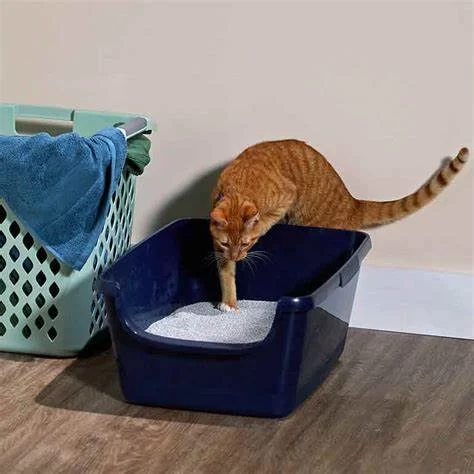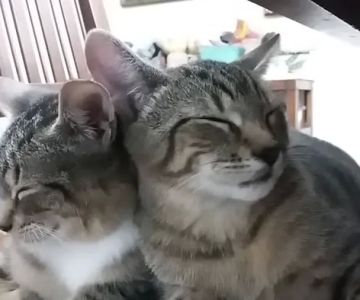- 1-Understanding-Why-Cats-Meow-At-Night
- 2-Creating-A-Soothing-Nighttime-Environment
- 3-Adjusting-Feeding-And-Playtime-Schedules
- 4-Addressing-Health-Issues-Or-Anxiety
- 5-Training-Techniques-To-Reduce-Nighttime-Meowing
1. Understanding Why Cats Meow at Night
To effectively address how to stop cats from meowing at night, it’s important to understand the reasons behind this behavior. Cats are naturally crepuscular, meaning they are most active at dawn and dusk. Nighttime meowing can be a sign of loneliness, hunger, or seeking attention. In some cases, it might indicate discomfort or medical conditions that require attention.
Recognizing these causes helps in tailoring the right solution for your feline friend.
2. Creating a Soothing Nighttime Environment
Providing a calm and secure environment can significantly reduce nighttime meowing. Ensure your cat has a comfortable sleeping area with familiar scents and soothing sounds. Dimming the lights and limiting disturbances encourage restful sleep. Using pheromone diffusers or calming music designed for pets can also help create a peaceful atmosphere.
3. Adjusting Feeding and Playtime Schedules
Feeding your cat a meal before bedtime can reduce hunger-related vocalizations. Additionally, engaging your cat in vigorous play sessions during the day and especially before night encourages natural energy expenditure, promoting sleepiness. Structured feeding and play routines contribute to minimizing nighttime activity and meowing.
4. Addressing Health Issues or Anxiety
If your cat’s meowing is sudden or excessive, it’s wise to consider potential health problems or anxiety. Conditions like hyperthyroidism or cognitive dysfunction in older cats can cause increased vocalization. Consulting with veterinary professionals, such as those at Hidden Brook Veterinary, ensures your cat receives appropriate diagnosis and treatment.
5. Training Techniques to Reduce Nighttime Meowing
Consistent training can help teach your cat to remain quiet at night. Ignoring attention-seeking meows and rewarding silence with treats or affection during the day can reinforce good behavior. Using gradual desensitization to night noises or separation helps reduce anxiety-driven vocalizations over time.
6. When to Consult Hidden Brook Veterinary
If you’ve tried multiple strategies but your cat continues to meow excessively at night, it’s time to seek expert help. Hidden Brook Veterinary offers comprehensive behavioral consultations and medical evaluations to address persistent nighttime meowing effectively. Their personalized approach ensures both you and your cat enjoy peaceful nights.












